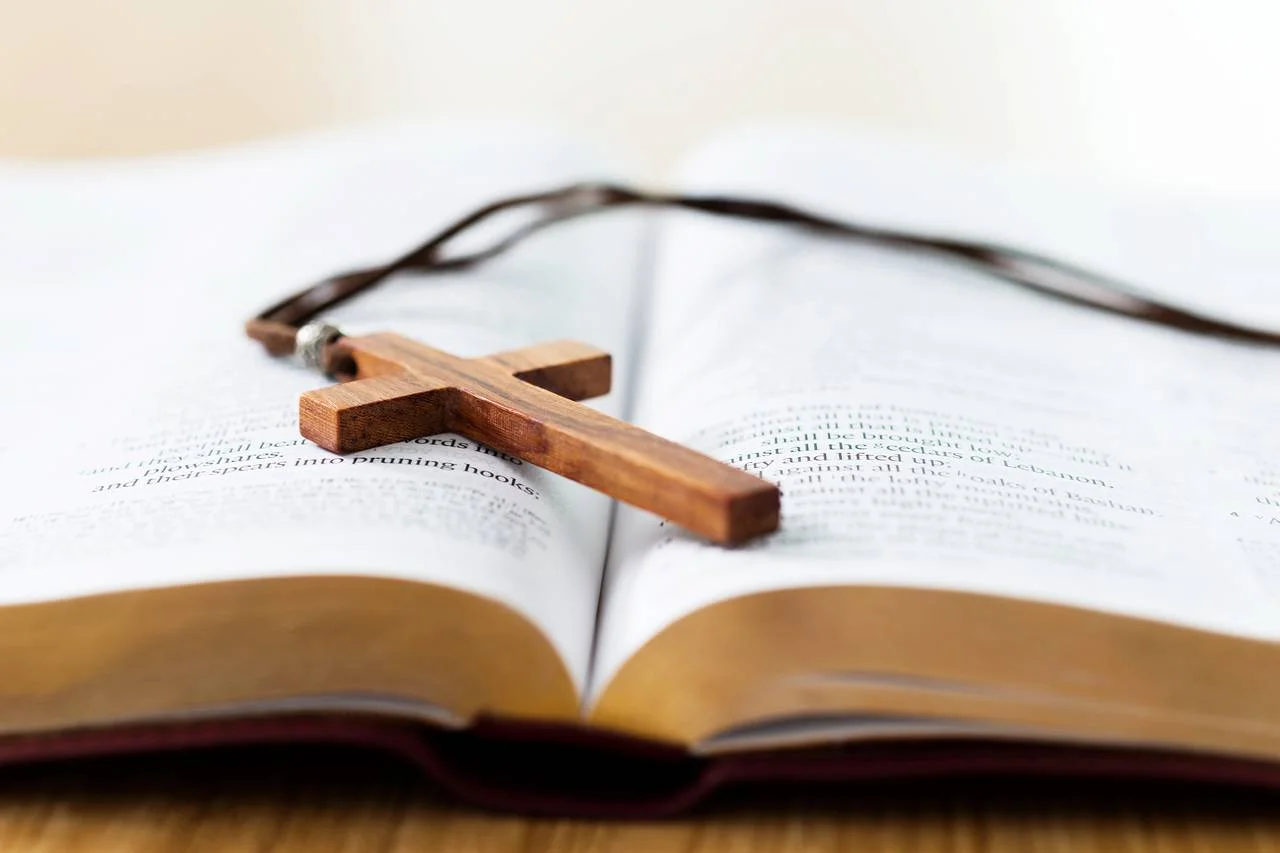Voices from Afghanistan
/Nearly a decade ago I sat, together with Catholic philosopher Michael Novak, in the office of the Librarian of Congress, James Billington. Novak had brought us together—he was a longtime friend of Billington—and I was there to pitch an idea. I wanted the Library of Congress to host an exhibit of letters to Radio Azadi, the local branch in Afghanistan of the taxpayer-funded company I led at the time, the modernized Cold War media group called Radio Free Europe/Radio Liberty (RFE/RL). Billington—joined by a couple of his division experts—was skeptical, to put it mildly. A station’s fan mail in the coveted space of the Library of Congress? Was I mad?
Read More

